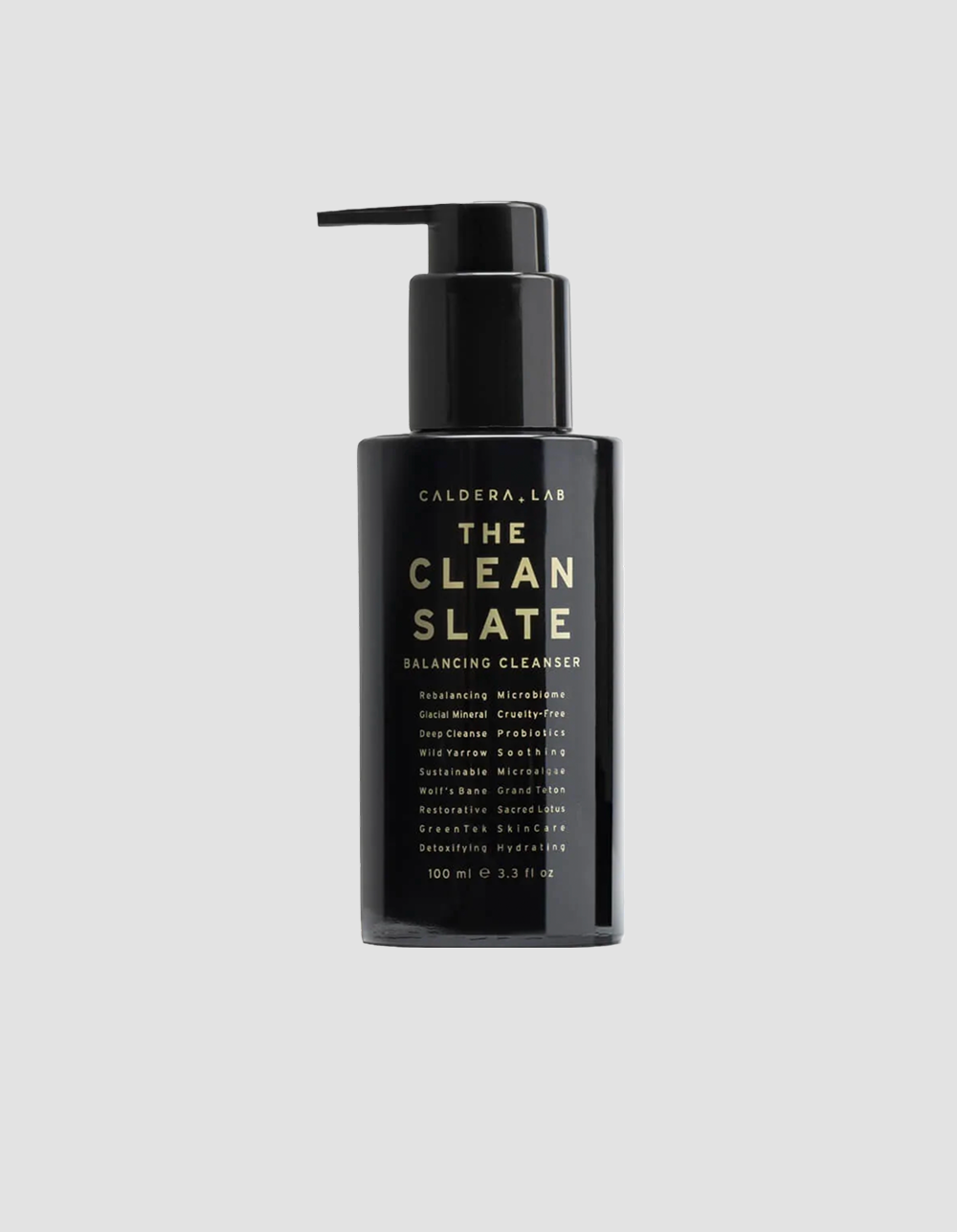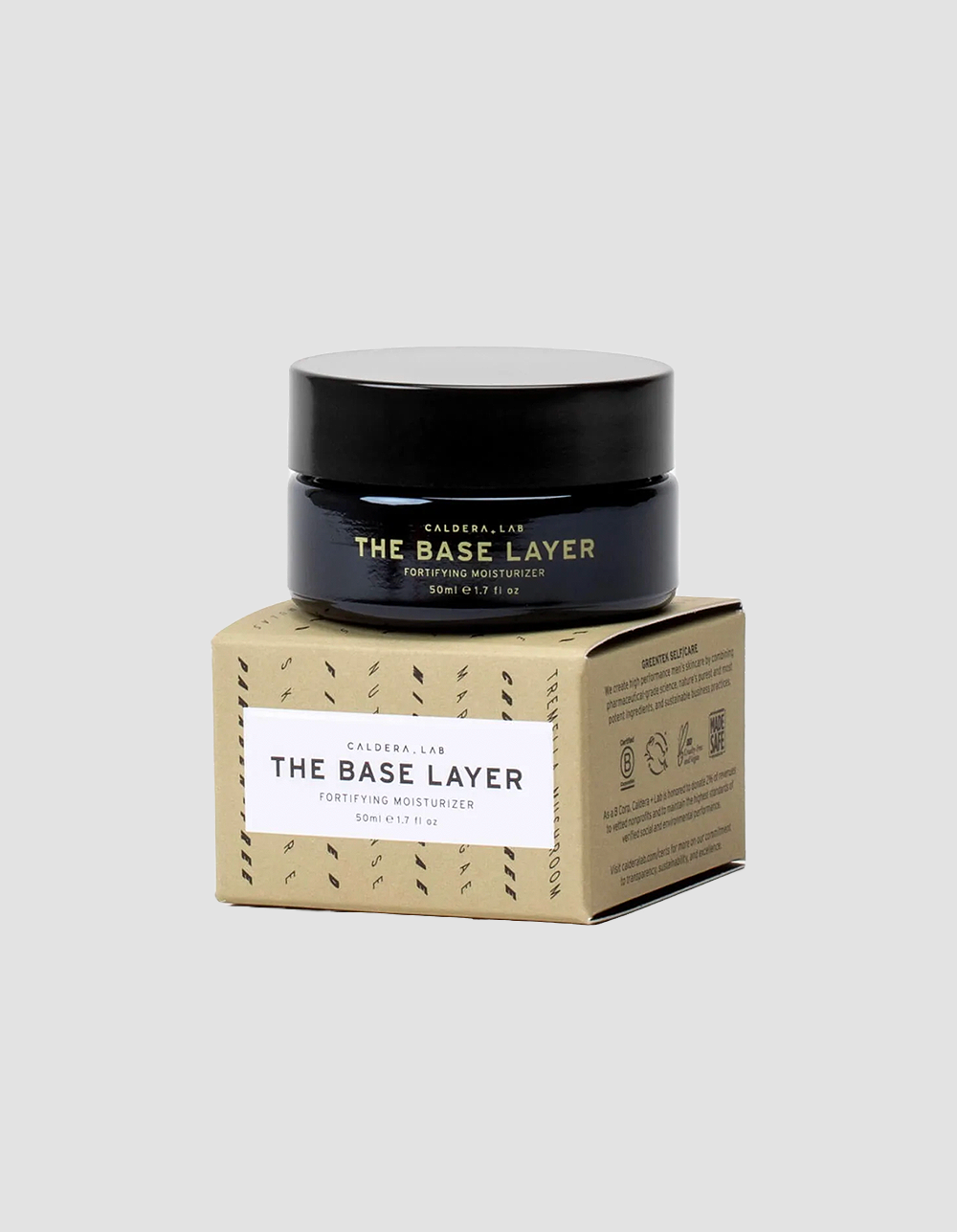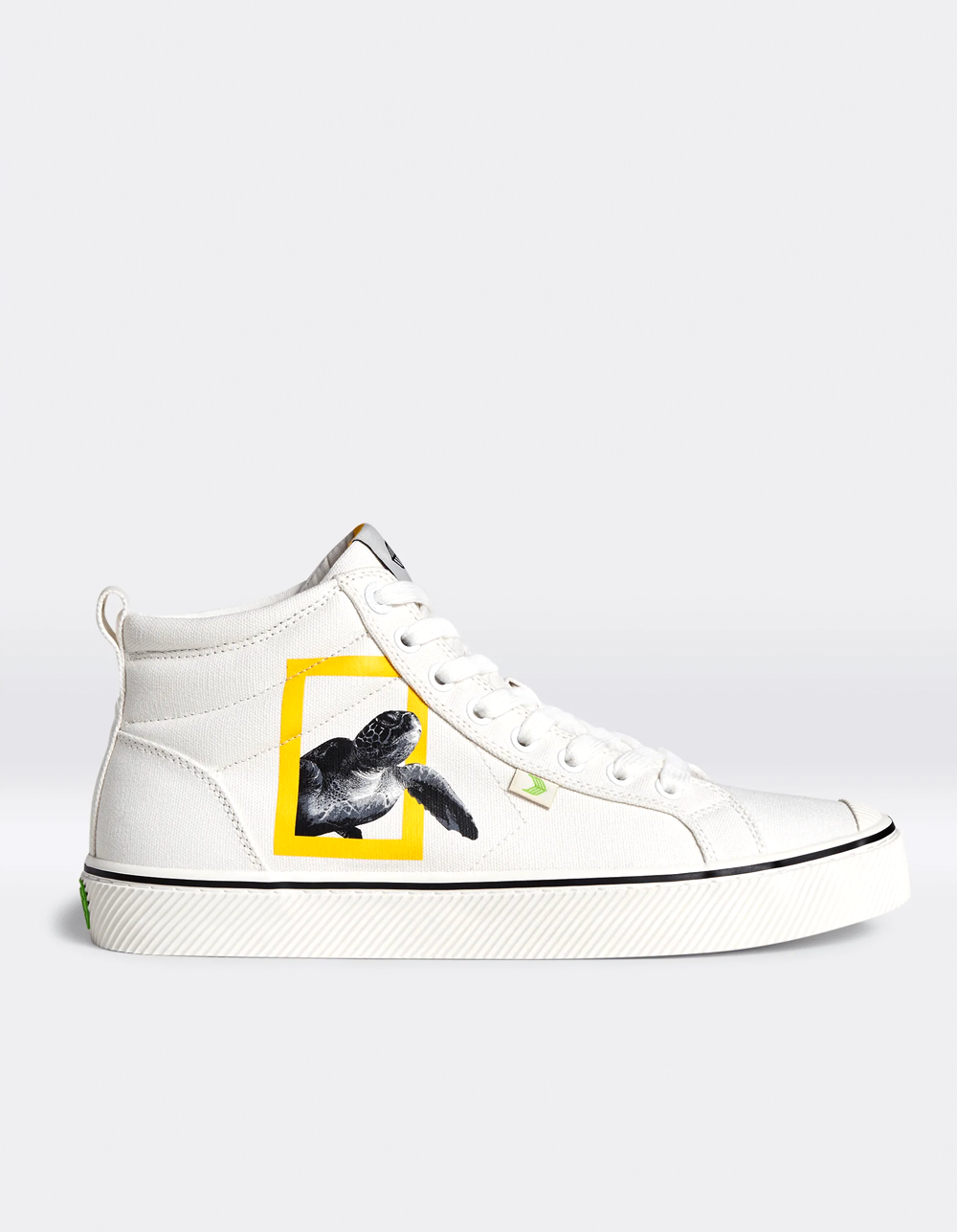Certified B: The Value Of Certification
Certified B Corporation brands effectively operate to the highest social, environmental, and ethical standards. This certification means they value success as their positive impact on the planet, how their business operation reduces poverty, the high-quality jobs they create, and the strong communities they encourage. Approved by B Lab, a non-profit organization, B Corp brands use business as a force for good and provoke positive change. They are judged on their overall positive effect rather than their products or service.
Related Reading
Link to article
Link to article
Link to article
It's not easy to become a B Corporation. Companies must complete a self-assessment that considers five key categories: governance, workers, customers, community, and the environment. Companies need a score of at least 80/200 to qualify as a B Corp, and the B Lab team rigorously analyses each section to verify each claim. Brands will often need to provide evidence of their claims, for example, providing documentation of recyclable materials. Once accepted, brands need to pay a small percentage of their profits to B Lab, which will put the money to worthwhile causes.
Brands that become B Corporations may do so for two primary reasons: firstly, they may want to prove they are genuine, honest, and authentic companies that believe in social change. Numerous brands claim to be the most ethical, sustainable, or biggest advocates of social change, and becoming a Certified B Corporation provides credibility to their claims. Other brands strive to redefine the business sector and create a new economy with fairer rules. This authentication allows them to act in good conscience while making a profit.
Though becoming B Corp Certified is pretty challenging, an increasing number of brands are attaining that widely coveted title. Usually, it depends on the company. A start-up with only a few employees would get its claim accepted in weeks, whereas international companies with hundreds or thousands of employees can expect to wait for a few months. The more documentation and evidence supplied adds to the length of time it takes. If it takes a long time for a company to be approved, it's not a mark against them; if anything, it signifies the amount of documentation they can provide for their positive social, environmental and ethical impact. Below are a few of the exemplary members of this organiation.
WELLNESS
Davines @davinesofficial
“At Davines every product is born from intuition and is processed with an artisan spirit using the most advanced cosmetic technologies. The formulations favor the use of ingredients of natural origin, are generated with renewable electric energy and packaged minimizing the environmental impact, inspired by the ideal of Sustainable Beauty as an inseparable unity between Beauty and Good. Davines was born as a research and development laboratory, always following a formulation philosophy inspired by innovation criteria, aimed at ensuring the maximum of both sustainability and performance. For this reason we prefer ingredients obtained from renewable and eco-sustainable sources, whose origins are traceable; of natural origin, biological or eco-certified, biodegradable and those that allow us to respect and encourage biodiversity.”
Learn More: Davines.com


Caledera Lab @calderalab
“We create high performance men’s skincare by combining pharmaceutical-grade science, nature’s purest and most potent ingredients, and sustainable business practices. Caldera + Lab was founded with one pioneering goal: to build a results-driven men’s skincare brand that was uncompromising in its commitment to social and environmental wellbeing. As a result, we are now one of only 70 US-based personal care companies to receive the prestigious B Corp certification. B Corporations open their doors to be assessed and monitored by the nonprofit B Lab, to verify that their business practices positively impact employees, communities, and the planet. Caldera + Lab was graded on everything from supply chain operations and input materials, to charitable giving and employee benefits. Even our choice to use the only biodegradable adhesive in existence on our packaging.”
Learn More: CalderaLab.com



Aesop @aesopskincare
“Since Aesop’s inception, we have maintained a fiercely independent approach to product research and development. Our team of skilled chemical scientists works out of our Head Office in a utilitarian, custom-built laboratory – conceptualising product ideas, researching blends, and creating prototypes. We source ingredients from the most reputable suppliers across the globe, then marry contemporary technology with long-established scientific practices. We launch new products only in response to genuine needs expressed by our clients, and only after extensive research delivers formulations of the highest quality and efficacy. A sincere interest in intelligent and sustainable design extends to every aspect of Aesop’s workings. Just as meticulous research is integral to the formulation of each product, our utilitarian containers are created with utmost care to ensure they function with ease and are pleasing to our eyes. In seeking new locations, our first consideration is to work with what already exists. It is our intention to weave ourselves into the fabric of place and add something of merit rather than impose a discordant presence, and our consistent practice to use a locally relevant design vocabulary.”
Learn More: Aesop.com



Typology @typologyparis
“We're tireless in our mission to hunt down the best ingredients. Whether in France, around Europe or further afield in search of exotic extracts, they must be sourced from sustainable farms using gentle extraction techniques. Our formulas are simple, considered and effective. Provenance is important to us, so you'll always know where our ingredients come from. And we'll even show you how to create your own skincare formulations along the way. All formulations are 100% French. Our partner laboratories in Bergerac, Aix en Provence and Compiègne work with us to put their French skincare heritage to good use. When we select our natural active ingredients, we give priority to those that come from organic farming and are produced using gentle extraction techniques, without the use of controversial solvents.”
Learn More: Typology.com



Nécessaire @necessaire
“Responsible Luxury™. It is a fact. We do not give back as much as we take. We have a footprint. We are in pursuit of better care made in a better way. We still have far to go in our commitment. Created by beauty veterans Randi Christiansen, a former exec at Estée Lauder Companies, and Nick Axelrod, co-founder of Into The Gloss, skincare line Nécessaire has an impressive pedigree and is commited to doing clean beauty right. Launched in 2018, Nécessaire, was born out of a desire for “necessary” bodycare products that not only worked wonderfully and looked great, but also put sustainability at the forefront. “We named the brand Nécessaire because it is the filter by which we do everything,” says Christiansen. “It has to be necessary: The ingredient. The product. The footprint."
Learn More: Nécessaire.com



FASHION
Cariuma @cariuma
“We exclusively source organic cotton that is certified by the Global Organic Textile Standard (GOTS). This cotton is grown with regenerative methods, without harmful pesticides or fertilizers, and directly combats heavy soil erosion and nitrate leaching (both characteristic of conventional farming). Organic cotton also means farmers, agricultural workers, and anyone involved in the manufacturing process of our sustainable sneakers are safe from toxic chemicals and pesticides. We are committed to choosing the pro-Earth option, always. Our perfectly-weighted natural rubber is gathered from the hevea brasiliensis tree through ethical “tapping” (removing a milky sap from its bark). So, no trees are ever harmed in the production of our sneakers.”
Learn More: Cariuma.com


Ecoalf @ecoalf
"Our constant collaboration with the best and more innovative factories and R&D Technological Centers allows us to seek and test the most sustainable and innovative materials and processes, but also a new business model that is more responsible with the planet and its people. We address our current needs without compromising those of the future generations. This is a project for the future of our society (all humans), with social, economic and environmental pillars at its heart. The honesty of a timeless design and the transformation of ideas into reality are at the center of Ecoalf’s mindset and give us the energy to always look for new perspectives and ways of conceiving our products in an innovative and sustainable manner. Ecoalf is officially recognized as one B Corp’s Best for the World positioning the brand in the top 5% of the 5,000 B Corps across the globe in the environment category. In 2018, Ecoalf became the first fashion brand in Spain to receive the B Corp certification."
Learn More: Ecoalf.com


Finisterre @finisterre
"I’m proud that this love of the sea, passed down from my parents, runs through Finisterre, the brand I started in 2003; born from the need to make innovative product for hardy British surfers and the life we lead. At the same time, I wanted to push innovation and product development in an industry that I felt was lacking. So I set about building a brand that would address this need, making innovative product built for purpose that would last. I wanted the brand to be committed to a better way of manufacturing, both in the fabrics we use and the manufacturers we choose to work with, seeking alternatives to what has gone before wherever possible. Then share this with our customers through an honest and open brand narrative. We hate waste and would rather breathe new life into an old jacket than add it to landfill. Use our repairs service, care guide and trade-in service to upcycle or recycle your old Finisterre clothing. It’s circularity made simple; better for the planet, your wallet, and your wardrobe.”:
Learn More: Finisterre.com


Pala @palaeyewear
"Pala was founded on the principle of giving back. For our founder, John Pritchard, the seed of the idea stemmed from travels to Africa in his earlier life and learning of the lack of access to eyecare. The empowerment that comes with a new pair of spectacles or corrective surgery is emphatic and as a solution, so simple. Pala gets to deliver lasting change, empowerment and opportunity through funding eyecare projects across Africa. We use the finest, most eco-friendly materials available to us, expertly handcrafted in small batches. Our suppliers meet the highest standards of manufacturing and compliance. All our direct suppliers sign a code of conduct. We use plant-based bio-acetate for all our frames as well as more eco-friendly lenses for our non-polarized frames.”
Learn More: Palaeyewear.com


Save the Duck @save_the_duck
"The Forest clothing company dates back to 1914, thanks to the entrepreneurial spirit of Foresto Bargi. In 2012 third family generation Nicolas Bargi launched the brand Save The Duck with a strong commitment to create a product respectful of animals, environment and people. Sustainable development is the ability to produce goods without destroying the natural ecosystems from which we draw resources, by calculating the ability to absorb the waste we generate. We are investing to minimize industrial impact and prioritize the use of raw materials from certified and recycled sources, such as Repreve fibers, made from plastic bottles. Save The Duck was the first Italian fashion brand with B-corp certification, a guarantee of the highest environmental and social performance standards in the world.”
Learn More: SaveTheDuckUSA.com


Unspun @unspun.io
"The fashion industry thrives on newness. Convincing us to buy more, when what we need is less. Material innovation and sustainability initiatives are great, but don't address the main issues: Overconsumption and overproduction. Let's face it: the fashion industry as it stands today is massively wasteful and unintentional about product life cycles and resource use. It makes things just to throw them away. This is horrific not just for the waste created but also for the amount of resources and energy put into making the product in the first place: the production of one kilogram of fabric generates twenty-three kilograms of greenhouse gasses, and garment manufacturing accounts for 20% of global industrial water pollution. We don't need to make 100 billion pieces of clothing annually and send 60% to landfill within a year. If we are going to make clothing, it should be with purpose: it should immediately have a loving home. The current fashion industry life cycle isn’t a life cycle- it’s linear. In addition to rethinking materials, we need to reconfigure the design and production process so that end of use and circularity are actually designed into the products. We make one pair of jeans at a time - after you’ve ordered them. How’s that for being intentional? Every garment has an impact. We recognize that each piece of fabric and garment is from resources that we should not waste, which is why we will never make jeans before they have a home.”
Learn More: Unspun.io


Vestiaire Collective @vestiaireco
"In 2009, we had a radical idea: To fight fashion waste by giving a second life to the clothes we no longer wear. Now, we’re taking our ambitions to the next level. Fashion is one of the world’s most polluting industries. Clothing consumption is set to rise 63% by 2030,* but today we wear our items 40% less than 10 years ago. Our mission is to transform the fashion industry for a more sustainable future by empowering our community of Fashion Activists to drive the change. To make this happen, we need you! Read on to see what we’re currently working on and how you can get involved. We're proud to become the world's first B Corp fashion resale platform. Over 50% of our orders are already bought locally or sent with Direct Shipping, saving over 1,167 tons of CO2 since launching. Next: More local items and shipping options, so you can always shop sustainably. Our new “less is more” packaging has just launched! We stripped out everything unnecessary, and it’s now 100% reduced, recycled, and recyclable.”
Learn More: VestiaireCollective.com


Veja @veja
"Since 2005, VEJA has been creating sneakers in a different way, mixing social projects, economic justice, and ecological materials. VEJA uses Brazilian and Peruvian organic cotton for the canvas and laces, Amazonian rubber for the soles, and various innovative materials conceived in recycled plastic bottles or recycled polyester. VEJA sneakers are produced in high-standard factories in Brazil. Part of VEJA’s logistics is managed by Log’ins, a professional and social inclusion company. VEJA is the first sneaker brand to use fabric entirely made from recycled plastic bottles and recycled polyester. A lot of people speak about the vegan trend, a trend of leather substitutes. Unfortunately, plastic is a 99% petroleum-based material and it is often overused as a leather alternative. We follow an ecological purpose so replacing it by polymer materials has never been an option. Finding an ecological alternative to leather was a primary objective for VEJA. This is why in 2019, VEJA launched one of its first models in C.W.L., a vegan and bio-based material, back then produced in Italy.”
Learn More: Veja-Store.com









